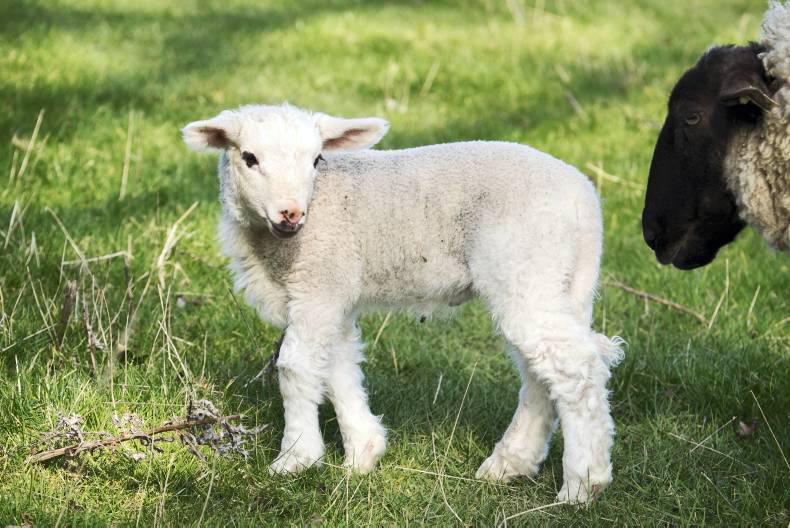
ewe [yoo; Dialect yoh] ExamplesWord Origin noun
- a female sheep, especially when fully mature.
Origin of ewe before 1000; Middle English; Old English ēowu, ēwe; cognate with Old High German ou, ouwi, Dutch ooi, Latin ovis, Greek óïs, oîs, Sanskrit ávi Can be confusedewe yew you (see usage note at you) Ewe [ey-vey, ey-wey] noun
- a member of a people of Togo and Ghana, in western Africa.
- the Kwa language spoken by the Ewe people.
Examples from the Web for ewe Contemporary Examples of ewe
He brought not just Ewe to English, but a tribal embrace to the angst-ridden homeland of Billy Joel.
Kofi Awoonor, the Ghanaian Poet Killed in Westgate Mall Attack
Michael Daly
September 24, 2013
Her name, The New York Times noted, means “the human being is more precious than gold” in Ewe.
Kofi Awoonor, the Ghanaian Poet Killed in Westgate Mall Attack
Michael Daly
September 24, 2013
Historical Examples of ewe
But now Austin had come and swooped off with his one ewe lamb.
William J. Locke
A ewe emitted her one doleful note; another gave hers, sadly.
Charles D. Stewart
Let a ewe from another fold come in and they will scent her quick as lightning.
Sara Ware Bassett
If you saw a ewe robbed of her lamb, would you laugh, you brute?
William Makepeace Thackeray
As he did so, the others heard him ewe utterance to a cry of astonishment.
Motor Boat Boys Mississippi Cruise
Louis Arundel
British Dictionary definitions for ewe ewe noun
-
- a female sheep
- (as modifier)a ewe lamb
Word Origin for ewe Old English ēowu; related to Old Norse ǣr ewe, Old High German ou, Latin ovis sheep, Sanskrit avi Ewe noun
- plural Ewe or Ewes a member of a Negroid people of W Africa living chiefly in the forests of E Ghana, Togo, and Benin
- the language of this people, belonging to the Kwa branch of the Niger-Congo family
Word Origin and History for ewe n.
Old English eowu, fem. of eow “sheep,” from Proto-Germanic *awi, genitive *awjoz (cf. Old Saxon ewi, Old Frisian ei, Middle Dutch ooge, Dutch ooi, Old High German ouwi “sheep,” Gothic aweþi “flock of sheep”), from PIE *owi- (cf. Sanskrit avih, Greek ois, Latin ovis, Lithuanian avis “sheep,” Old Church Slavonic ovica “ewe,” Old Irish oi “sheep,” Welsh ewig “hind”).
 Liberal Dictionary English Dictionary
Liberal Dictionary English Dictionary